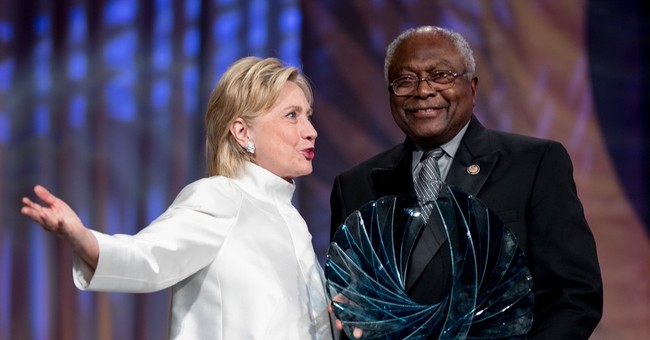Lies, Lies and More Lies

First, they keep expanding what counts as a lie. Promising to “build a wall,” for example, has now become a “lie.”
Second, although they accuse Donald Trump of lying, they never use that word when referring to Hillary Clinton, even though they admit that a good deal of what she has said isn’t true. Instead, Hillary is “cagey” (Paul Krugman) “deceptive” (Rem Rieder), “shades the truth” (Nicholas Kristof) – but apparently she doesn’t actually “lie.”
Third they think the chattering class (the commentators, questioners, etc.) are engaging in a “false equivalence” – acting as though there is a problem that is equally bad on both sides. One frequently repeated factoid is that PolitiFact rated 71% of the Trump statements it investigated as “false,” “mostly false” or “pants on fire,” while for Clinton it was only 28%. Doesn’t that prove that he is much worse than she is?
Most of Donald Trump’s controversial statements are intemperate generalizations or exaggerations or the result of faulty memory or unintentional misstatements of fact or mere puffing statements.
If Trump were on the witness stand and testifying under oath, almost nothing he has said in his presidential campaign would put him in jeopardy of a charge of perjury. The same cannot be said of Hillary Clinton.
But first, what is a puffing statement? This has long been recognized in the law of contracts. A classic example is the used car salesman who tells a prospective buyer, “this is the best car value you can find anywhere.” Common law regards statements like that as expressions of opinion, not warrants of fact.
Puffing statements are a subset of a class of statements that “no reasonable man” would take literally in any normal context.
Consider a few infamous Trump statements:
“I alone can solve this problem.”
“I know more than the generals.”
NAFTA is a “disaster” and “one of the worst legacies of the Clinton years.”
In no courtroom in America would any of these statements be taken as assertions of fact. It’s too bad more members of the chattering class didn’t take a course in business law.
Most Americans today probably think the war in Iraq was a bad idea. But it is doubtful that most people could be very accurate about when they first came to that conclusions. The invasion after all, occurred more than a decade ago.
Even if a statement is not literally true, the difference between that statement and actual fact can be inconsequential. Suppose, Trump wasn’t firmly against the war in the very beginning, but he has been dead set against it for at least 9 years or 8 years or 7 years. Does any of that really matter?
What matters is that Trump was the only Republican primary candidate who spoke out forcefully against the war and blamed it as the catalyst for everything that has gone wrong in that part of the world ever since. But for Donald Trump (and to a certain extent Bernie Sanders), we would have gone through this entire presidential campaign without the War in Iraq ever being an issue.
No wonder the Clinton campaign and Clinton supporters in the mainstream media are so nervous about what more email disclosures might reveal. One slip of the tongue (or in this case, one slip of the keyboard) could turn sleazy behavior into criminal behavior. That is, an errant email or two might confirm that what everybody thinks happened really did happen.
Nothing Donald Trump has said comes close to matching this behavior.

No comments:
Post a Comment